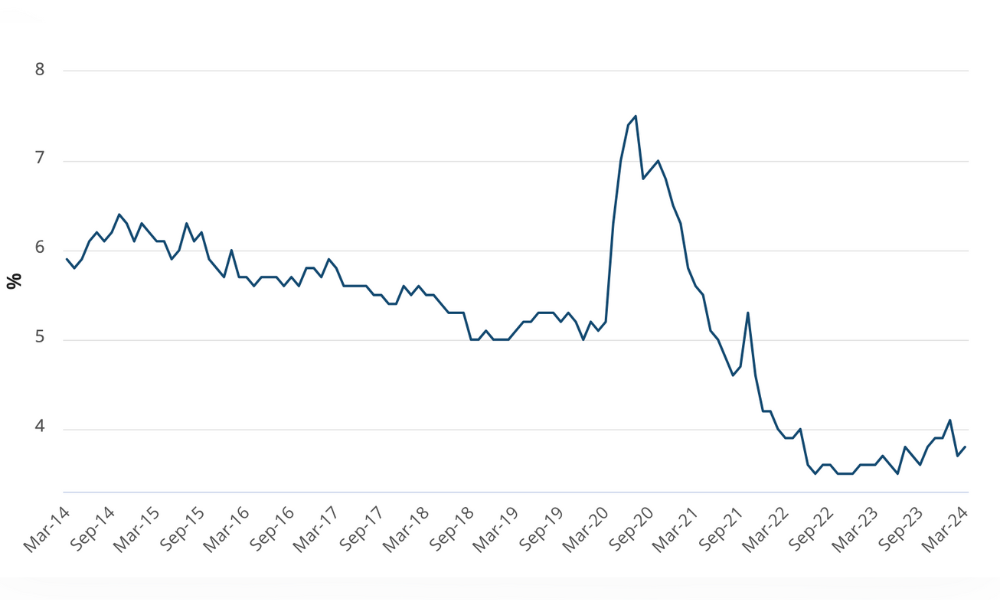With a global workforce, understanding your legal responsibilities as an employer has never been more critical. George Cooper, partner, Melbourne and Asia at Ashurst, outlines which jurisdiction applies for employers based overseas

With a global workforce, understanding your legal responsibilities as an employer has never been more critical. George Cooper, partner, Melbourne and Asia at Ashurst, outlines which jurisdiction applies for employers based overseas
If you send someone on an assignment to another country for three months, and then terminate their employment while they’re in that other country, what jurisdiction applies?The short answer is potentially both. This sort of question is answered by consulting the terms of the employee’s employment contract and the applicable provisions of Australia’s and the overseas jurisdiction’s statutory employment laws.
Employment contract – governing law clause
Generally speaking, parties can agree on which jurisdiction governs the employment contract. Such a contract may, for example, provide that the governing law of the contract is that in force in a particular state in Australia. This type of governing law clause may have force in any contractual disputes, such as where the employee makes a claim for some entitlement arising exclusively under the employment contract.
Statutory law
However, parties have no such flexibility when it comes to statutory law. This usually regulates matters such as minimum employment entitlements and provides regimes enabling employees to seek redress for termination of employment in particular circumstances. Such statutory law is ordinarily mandatory and cannot be contracted out of by the parties.
Take, for example, an employee of an Australian company who is seconded from Australia to Singapore for a period of three months. In the event that the employer unilaterally terminates the employment partway into the assignment, the employee could potentially sue in two different jurisdictions.
Coverage of Australia’s Fair Work Act 2009 (Cth)
In general, Australia’s Fair Work Act 2009 (Cth) affords employee entitlements and protections to “Australian-based employees”. Importantly, and somewhat confusingly, the term “Australian-based employees” encompasses employees located outside of Australia, provided that the employee is employed by an “Australian employer” (excluding employees originally engaged outside Australia, to perform work outside Australia). So, it is possible for an eligible employee on an assignment to Singapore to make an unfair dismissal claim in the Fair Work Commission if the Australian employer terminates the employment during the course of the assignment.
Coverage of Singapore’s Employment Act (Cap. 91)
This legislation generally applies to employees working in Singapore. (It excludes certain employees, such as those employed in managerial or executive roles and earning more than a prescribed remuneration threshold.) In the event that this legislation applies, the employee could claim that he or she was dismissed without just cause or excuse and pursue a remedy under the relevant provisions. There may be technical arguments as to whether the prescribed qualifying period for managerial or executive employees has been fulfilled, and also procedural difficulties in pursuing a claim against a foreign (ie non-Singaporean) entity.
Possibility of dual coverage
In many instances, local statutory employment law in an overseas jurisdiction will apply and provide the employee with an extended suite of options for commencement of proceedings concerning the termination of employment.
George Cooper
Partner, Melbourne and Asia
ASHURST









